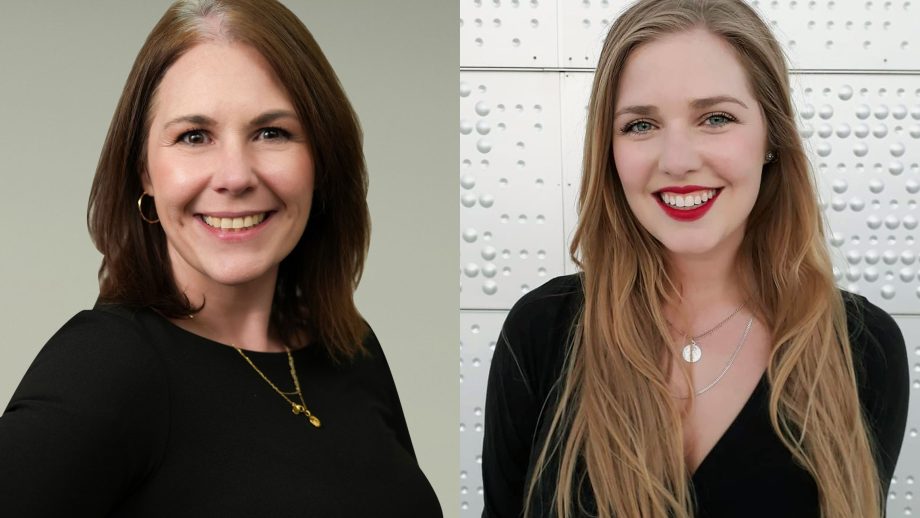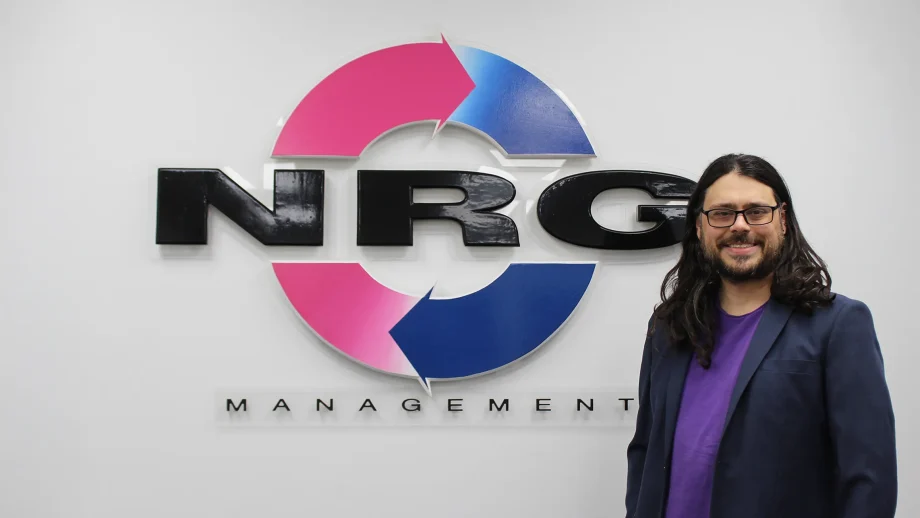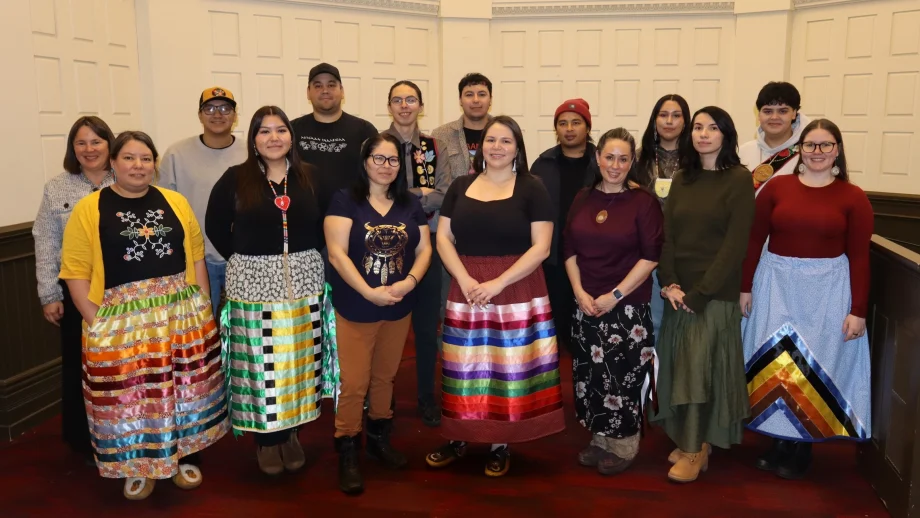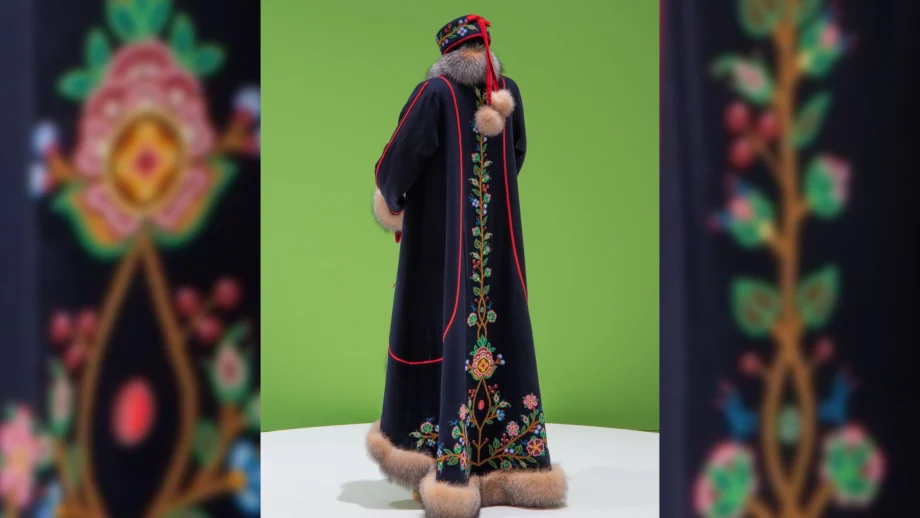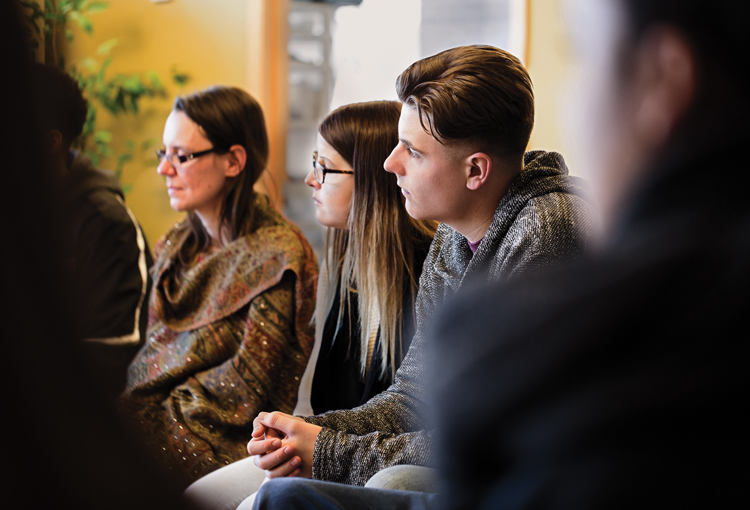
This article by Diane Poulin was originally published in the commemorative 2017 edition of UWinnipeg Magazine.
Surprise. Shock. Shame. These are a few of the common reactions students have as they learn — usually for the first time — about the treatment of Indigenous people in Canada over the last century.
“Most students are completely unaware of how punitive government policy and practice has been, and continues to be, against Indigenous people,” said instructor Karen Froman (History). “Our idea of ourselves as Canadians is that we are nice and polite, so it is a shock to learn otherwise.”
The University of Winnipeg was one of the first universities in the country (along with Lakehead) to mandate that new students have a baseline knowledge about Indigenous people and culture. In September 2016, the Indigenous Course Requirement (ICR) came into effect for all new undergraduates; to date, more than 1,500 students have enrolled in one of the 40 ICR courses.
UWinnipeg student Patricia Bulos, who is on her way to becoming a teacher, was born in the Philippines and came to Manitoba twelve years ago. She enrolled in an ICR-approved course called History of Indigenous Education: Residential Schools & Beyond.
“My family and I did not know anything about Indigenous people. After taking this class, I see things around me in the city differently, and I am able to tell my friends, too. I understand why some people are on the street and struggling; the reason they are there is more than we think.”
Bulos says knowing more about Indigenous history will make her a better teacher. “I want to help my students eliminate negative stereotypes. It is important to learn this at an early age.”
The courses students can select are housed in several departments and range from History of the Metis People of Canada (History) to Indigenous Literatures and Culture (English). More are in development for approval by UWinnipeg’s Senate. The idea to introduce a mandatory ICR was led by The University of Winnipeg Students’ Association, and aligns with UWinnipeg’s leadership in responding to the Truth and Reconciliation Commission’s Calls to Action.
UWinnipeg is located on Treaty One land in the heart of the Métis Nation. The treaties are agreements which benefit all people, and opened up these lands for settlement. Yet many Canadians have not been exposed to Indigenous history or perspectives. Dr. Mark Ruml, associate professor in the Department of Religion and Culture, teaches several courses that are part of ICR and says many students are unaware of the profound worldviews and spiritual teachings that still exist and do not know about even recent events in our shared history.
“We talk about truth and reconciliation, and in reality, there is much more work to be done,” said Ruml. “Have we done enough? No, not even close. Canada needs to earn forgiveness and it is up to Indigenous people to determine what that entails.”
Ruml has co-taught with Elder Dan Thomas in the Masters in Development Practice program, and he believes there is room for UWinnipeg to go further. “We need to further value and incorporate the teachings of Elders on campus as the knowledge keepers they are. Elders and traditional teachers such as Dan Thomas are, in the context of their own cultural knowledge, equivalent to full professor.”
Froman agrees the ICR is a good first step towards reconciliation. “UWinnipeg is going down the right path. It is an honour to be here making history, especially as this was a student-driven, grassroots initiative. For many students these courses are life-changing.”
Visit uwinnipeg.ca/icr to find out more.

